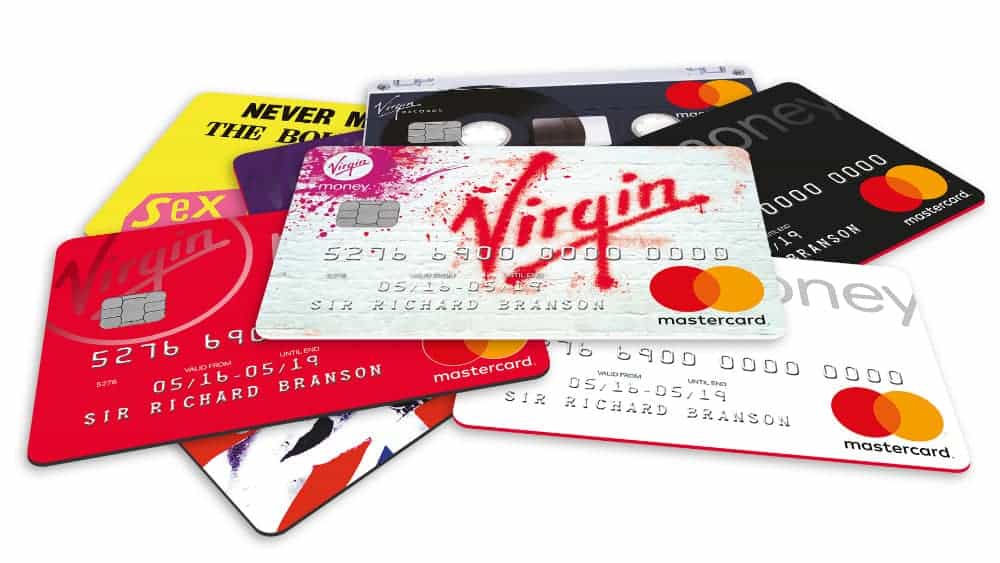With the cost of living crisis in full swing, more of us than ever are looking for ways to save money. If you have an outstanding credit card balance, then you may be able to save some serious cash by transferring it to a 0% balance transfer credit card. The average British household pays around £500 credit card interest per year and they could wipe this out with a balance transfer.
Here, I take a look at how much credit card debt the average British household has and how much interest they might be paying. I then look at how much they could save on interest by transferring their balance to a 0% balance transfer card.
[top_pitch]
How much credit card debt do Brits have?
The money charity estimates that the average British household has around £2,582 in credit card debt. Of course, this is an average, so many households have a much higher level of credit card debt.
Levels of household debt have increased for many families over the last two years as they have struggled with reduced pay and increased living costs. Many households have been forced to dip into savings and pay for bigger purchases with a credit card.
It now seems that household finances are likely to be even tighter in 2022. Inflation is galloping and both Council Tax and National Insurance are due to increase in the spring. It looks like energy prices will also rise when the current price cap comes to an end in April.
This squeeze on family finances means that many households are likely to struggle with repaying their debts during 2022.
How much interest do Brits pay?
Credit card interest averages between 20% and 25% per year. That means the average household is paying between £516 and £645 per year in interest alone and up to £1,936 every three years. Again, that’s based on the average household credit card debt of £2,582.
This interest makes it even more difficult to pay off debt, and many Brits are stuck paying the minimum balance on their credit card.
How does a 0% balance credit card work?
A 0% balance transfer credit card allows you to transfer your balance and pay no interest for a set number of months. By doing so, the average British household could save £516 to £645 per year in interest.
You may have to pay a small transfer fee of around 1% to 2% of the amount you transfer. However, some balance transfer credit cards don’t charge any transfer fees. Using a 0% credit card makes it much easier to clear debt, as all your payments will go towards paying off the balance rather than interest.
Some balance transfer credit cards also offer 0% interest on purchases during the introductory period.
[middle_pitch]
Am I eligible for a 0% balance transfer credit card?
You will usually need a fairly good credit rating to be accepted for a 0% balance transfer credit card. Some websites allow you to perform a soft credit check to see if you are likely to be accepted before you apply. This is a good idea because it won’t leave a mark on your credit record.
Take a look at our credit card eligibility checker to see a list of credit cards that you may be eligible for.
How can you compare 0% balance credit cards?
Different 0% balance transfer credit cards have different features depending on the lender. Here are things to consider when you’re applying for a new card:
- How long is the introductory 0% interest period?
- Will purchases also be charged at 0% interest?
- Is there a balance transfer fee?
- Are there any offers (such as cashback) for new cardholders?
If you’re ready to apply for a card, then take a look at our list of top-rated 0% balance transfer credit cards.







